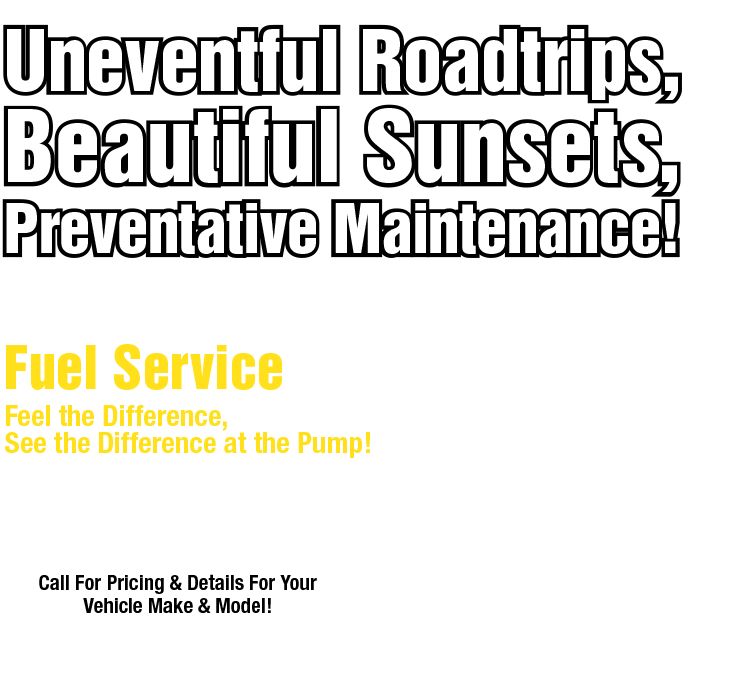Always on Guard (TMPS)
February 4, 2024
One of the most important things you can do to keep your vehicle running safely is to make sure your tires are properly inflated. If one or more is vastly over- or underinflated, that has the potential to cause major handling problems and may result in a dangerous accident.
All vehicles in recent years are equipped with Tire Pressure Monitoring Systems, or TPMS. One system uses small sensors in the tires that continually check the pressure in each tire. That sensor sends a signal to computers in your vehicle which turns on an instrument panel light warning of low pressure when at least one is very low. Or it may update a numeric reading on your instrument panel which gives you an approximation of how many PSI (pounds per square inch) of air is in each tire.
Another system works with your antilock brake system to measure the size of your vehicle’s tires. When one wheel is going faster than another, it will spin faster. A computer sees that and alerts you that tire’s diameter is smaller than the others and therefore must be underinflated.
No matter what system you have, it’s also helpful for you to know how much pressure each tire is supposed to be inflated to. You can find that on a label on the driver’s side door sill. In addition, the TPMS system should not be used as a substitute for checking your tires with a tire gauge since the TPMS accuracy usually isn’t quite as precise. Keep in mind that tire sensors can fail, so each system acts as a backup for the other.
Since many vehicles these days don’t have spare tires, it’s good to know that your TPMS can warn you if you have a leak in one of your tires. If you get a low-pressure warning, many systems will tell you which tire is low, so you can do your own visual check. Often you can see if you’ve picked up a nail or a screw if it’s sticking out of the tread or near the sidewall.
Being able to receive an early warning from your vehicle of abnormal tire pressure may give you a chance to safely drive to a service center before your tire slowly goes completely flat (which can ruin the tire and badly damage the rim). It also may ultimately prevent you from being stranded somewhere with a flat tire or, most importantly, having a sudden blowout on the road.
Tire Warehouse Depot
250 N. Lapeer Rd.
Lake Orion, Michigan 48362
248-929-0699
Need Service?
More articles from Tire Warehouse Depot

Mileage Headed Downhill? (What Causes Bad Fuel Economy?)
January 18, 2026
Name someone you know who enjoys spending a lot of money on gasoline. Yeah, me neither. Thats because it costs quite a bit to keep fueling your vehicle. One way to save money on gas is to get good fuel economy, and most of todays vehicles are designed to maximize your mileage. But you might f... More

You Are the Fluid Detective! (Leaking Fluids)
January 11, 2026
When you see some liquid sitting underneath your vehicle, your mind starts churning. Is that normal? Is that something serious, or did I just spill my drink? Heres a quick list of what those fluids look, smell and feel like, as well as what they might be. No, we dont recommend you taste them to ... More

(Ball Joint Replacement)
January 4, 2026
Every day that goes by, our bodies get a little more wear and tear on them. Our vehicles have the same issue. The older we get and the farther we travel, certain parts start showing some wear. Think of your hips. There are parts of our vehicles that are similar to them; just like hips allow y... More










